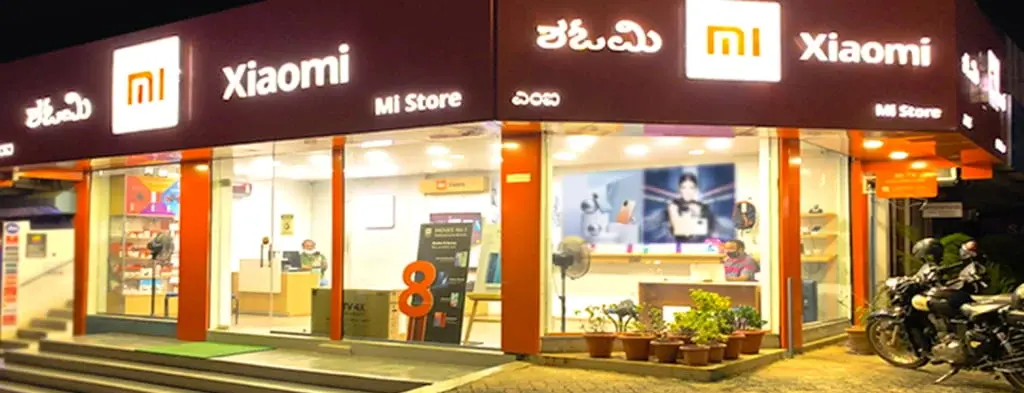Amidst the backdrop of strained India-China relations and increased scrutiny of Chinese businesses in India, Xiaomi, a prominent player in the Indian smartphone market, has voiced its concerns and made requests to the Indian government in a bid to navigate the challenging landscape.
Xiaomi’s Concerns and Requests
With an 18% share in India’s smartphone market, Xiaomi has raised alarm over the intense scrutiny faced by Chinese companies operating within the country. Muralikrishnan B., President of Xiaomi India, stressed the importance of establishing “confidence-building” measures to facilitate the local setup of component operations. Xiaomi has urged the Indian government to consider offering manufacturing incentives and reducing import tariffs for specific smartphone components, aiming to alleviate the burdens faced by Chinese companies.
Source: mi.com
Background on India-China Relations and Challenges Faced by Chinese Companies
The strained India-China relations stem from a 2020 border clash, which prompted India to heighten scrutiny of Chinese businesses, disrupting investment plans and drawing protests from Beijing. Accusations against Chinese companies like Vivo Communication Technology and Xiaomi have underscored Indian authorities’ concerns about alleged breaches and illegal remittances. This has resulted in actions such as freezing Xiaomi assets and banning over 300 Chinese apps, while also halting projects by Chinese automakers.
Chinese electronics companies, including Xiaomi, have encountered various challenges, ranging from difficulties in obtaining visas for executives to facing slow investment clearances due to heightened scrutiny by the Indian government. To address these issues, Xiaomi has proposed policy changes, advocating for further reductions in India’s import tariffs, particularly on sub-components such as batteries, USB cables, and phone covers. The company believes that such reductions could enhance India’s manufacturing competitiveness in terms of costs but stresses the necessity for bigger incentives to attract component manufacturers.
Government Response and Potential Policy Shift
In response to Xiaomi’s concerns and requests, Rajesh Kumar Singh, India’s top industrial policy bureaucrat, hinted at the potential easing of scrutiny of Chinese investments if the border situation between India and China remains peaceful. This suggests a potential policy shift that could provide some relief to Chinese companies operating in India, albeit contingent upon geopolitical developments.
As Xiaomi continues to navigate the complex landscape of India-China relations and grapple with the challenges faced by Chinese businesses in India, the company’s proactive engagement with the Indian government reflects its commitment to finding viable solutions amidst ongoing tensions. However, the path forward remains uncertain, with the outcome hinging on a delicate balance of geopolitical dynamics and policy decisions.


Leave a Reply